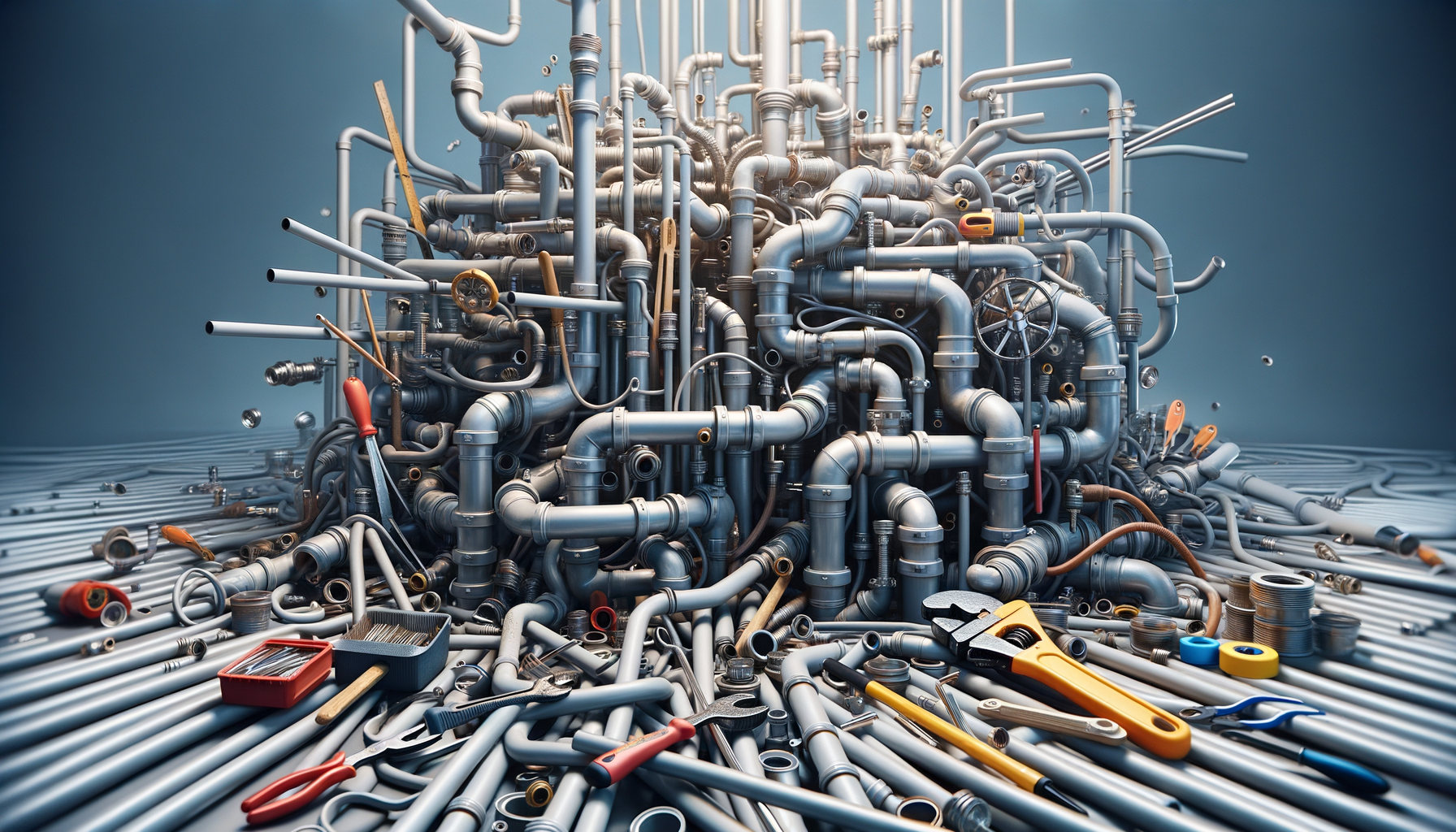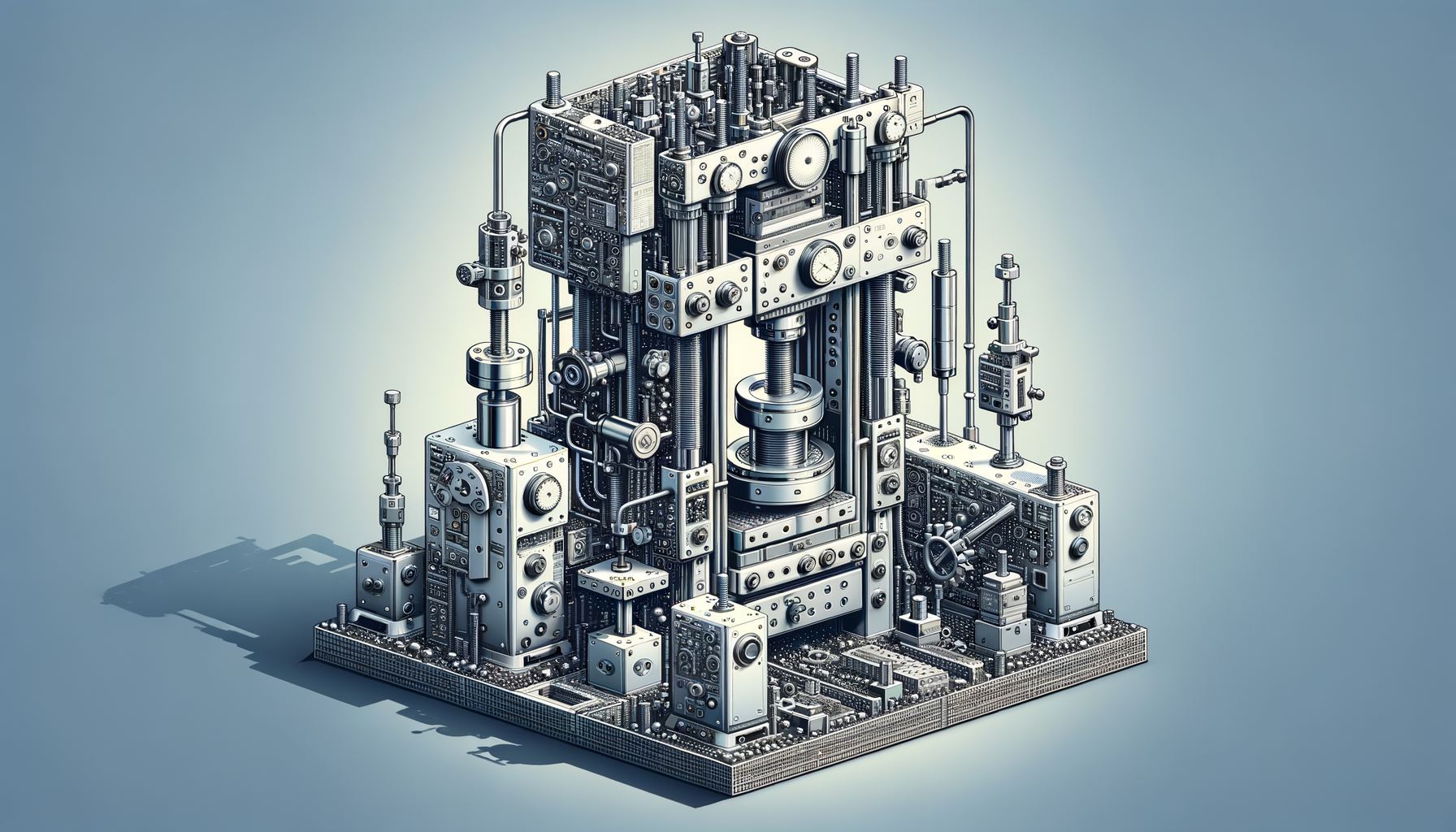
Pipe Maintenance—Dont D.I.Y It
Introduction to Pipe Maintenance
Pipe maintenance is an essential aspect of both residential and commercial plumbing systems. Proper care and attention can prevent a multitude of issues such as leaks, clogs, and even burst pipes, which can lead to significant damage and costly repairs. The phrase “Dont D.I.Y It” serves as a reminder of the importance of professional intervention in maintaining pipe systems, as improper handling can exacerbate problems rather than solve them. This article delves into the various facets of pipe maintenance, highlighting why it is crucial to rely on expert services to ensure the longevity and efficiency of your plumbing infrastructure.
Understanding the Basics of Pipe Systems
Before diving into maintenance tips, it is crucial to understand the basic components of a pipe system. Pipes are typically made from materials like copper, PVC, or galvanized steel, each with its own set of advantages and disadvantages. Copper pipes, for instance, are renowned for their durability and resistance to corrosion, while PVC pipes are valued for their lightweight and cost-effective nature.
In a typical residential setting, the pipe system includes supply pipes that bring fresh water into the home and drain pipes that remove wastewater. Regular inspection of these components can help identify potential issues before they develop into serious problems. Key signs of trouble include unusual noises, discolored water, or a noticeable drop in water pressure. Identifying these early can save homeowners from expensive repairs down the line.
Moreover, understanding the layout of your plumbing system can aid in effective maintenance. Knowing the location of shut-off valves and access points is crucial in case of emergencies, allowing for quick responses to leaks or bursts. This foundational knowledge is the first step in ensuring a well-maintained pipe system.
Common Pipe Problems and Their Solutions
Pipe systems are susceptible to a range of issues, each requiring specific solutions. One of the most prevalent problems is clogging, often caused by the accumulation of debris such as hair, grease, or foreign objects. To prevent clogs, it is advisable to use drain covers and avoid disposing of grease down the sink. Regularly flushing drains with hot water can also help maintain clear pipes.
Leaks are another common issue, often resulting from corrosion or joint failures. Detecting leaks early is crucial, as they can lead to water damage and mold growth. Signs of leaks include damp spots on walls or ceilings, unexplained increases in water bills, or the sound of running water when no fixtures are in use. Addressing leaks promptly with professional help can prevent further damage.
In some cases, pipes may burst due to freezing temperatures or excessive pressure. Insulating pipes during winter and maintaining a steady water pressure are effective preventive measures. If a burst occurs, turning off the main water supply immediately is essential to minimize damage.
The Importance of Professional Pipe Maintenance
While some minor maintenance tasks can be handled by homeowners, professional intervention is often necessary to ensure comprehensive care. Licensed plumbers possess the expertise and equipment required to diagnose and resolve complex plumbing issues effectively. They can conduct thorough inspections, identify hidden problems, and recommend appropriate solutions.
Professional maintenance services often include cleaning, repairing, or replacing damaged pipes, as well as ensuring that the entire system complies with local regulations and standards. Regular check-ups by experts can extend the lifespan of your pipe system, enhance water quality, and improve overall efficiency.
Moreover, professionals can provide valuable advice on upgrading outdated systems or implementing water-saving technologies, contributing to both environmental conservation and cost savings. By investing in professional maintenance, homeowners can enjoy peace of mind knowing their plumbing systems are in optimal condition.
Conclusion: Prioritize Regular Maintenance
In conclusion, regular pipe maintenance is a vital practice for preventing plumbing issues and ensuring the longevity of your system. By understanding the basics of pipe systems, recognizing common problems, and seeking professional help, homeowners can maintain efficient and reliable plumbing networks. Remember, when it comes to pipe maintenance, “Dont D.I.Y It”—trust the experts to safeguard your home and avoid unnecessary complications.
Key takeaways for maintaining a healthy pipe system include:
- Regular inspections to detect early signs of trouble.
- Preventive measures such as using drain covers and insulating pipes.
- Engaging professional services for comprehensive care and upgrades.
By prioritizing these practices, you can protect your investment and enjoy a well-functioning plumbing system for years to come.


